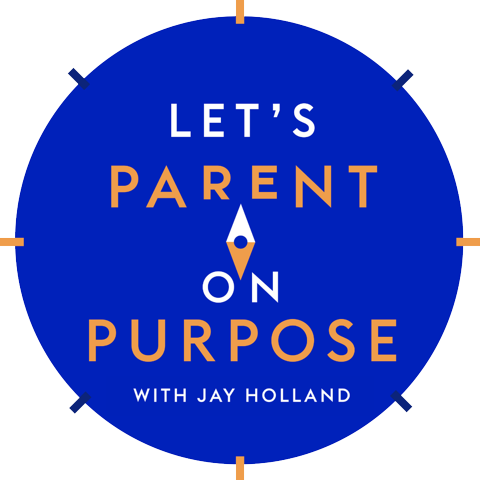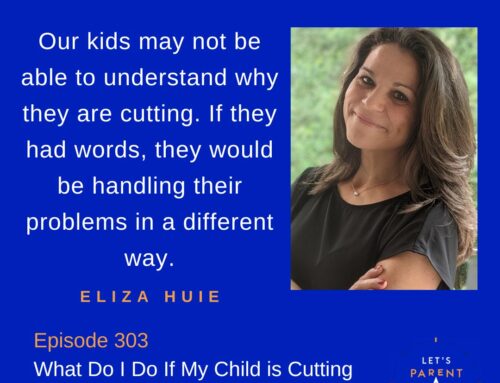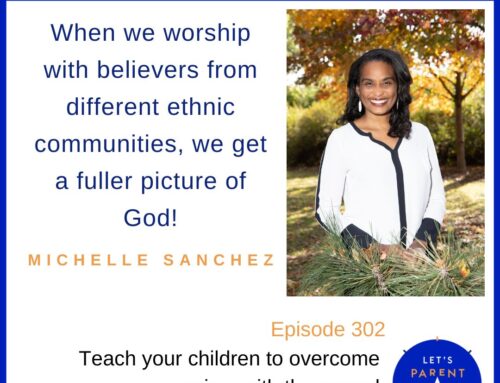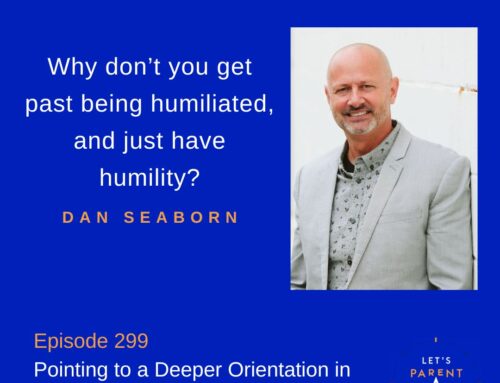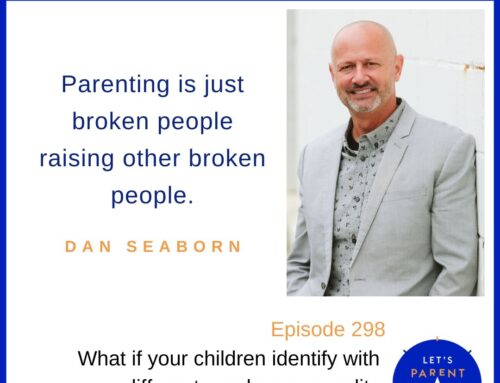Powered by RedCircle
Warning: the next 600 words might have severe impact on your parenting and relationships.
This is the week kids dread and parents dream about all summer-at least in my house. The first day of school has arrived. Moms and dads (OK, mostly just moms) across the country are scouring the school supply list to see all the items that need to fit into each little tyke’s backpack.
It’s fun to watch children shop for backpacks, find that special one, and then fill it with all of the treasures necessary for daily survival.
Backpacks are also one of the most helpful illustrations for healthy relationships I’ve ever encountered.
In my early twenties I came across the book Boundaries by Dr. Henry Cloud. Boundaries is based off of the scriptural teachings of Galatians 6. Essentially there are 2 important statements that initially seem contradictory in Galatians 6. In Galatians 6:2, we are commanded to “Bear one another’s burdens, and thus fulfill the law of Christ.” Two verses later, Galatians 6:4 ends by saying “for each shall carry his own load”. Some translations actually use the same word – burden – for both verses. Isn’t this confusing? What should we do? Bear one another’s burdens or bear our own?
Both
Here’s the two minute summary of an excellent book (if you want more detail, listen to my podcast on the subject, and if you’re still curious get the book):
Every single person in life has a certain amount of responsibilities that constitute our own personal “Load”. This is their backpack. When you’re little, your backpack might include tying your own shoes, picking up after yourself, apologizing when you’ve done wrong, and acceptable chores. When you grow up, your backpack includes paying your own bills, processing your emotions, showing up on time, doing your own work. The Bible commands each of us to bear our own load.
On the other hand, however, we know that if we live long enough, every single person will also have their share of calamity and trial. These burdens can fill like boulders. Have you ever tried to carry a boulder? You can’t, at least not for very long at all. What are boulders? It could be a sickness, injury, family death or tragedy, a series of terrible events… there’s no end to the types of boulders people encounter. And the Bible commands us to bear one another burdens, their boulders, and so fulfill the law of Christ.
The problem comes when people get backpacks and boulders confused. People try to hand us (or we heroically take) their backpack. We trudge along carrying their load, feeling overwhelmed and resentful. Meanwhile they go along just fine, light and free and growing in irresponsibility. The converse of this is when people are truly weighed down by boulders that they cannot carry. The weight will crush them, but they have an overdeveloped sense of doing everything by themselves. If we don’t step in and help, the damage will be great.
The trick is understanding what is an appropriate backpack and what is an appropriate boulder in each person’s life.
How can this help you? First, practice it at home. Have this conversation with your family, use visual illustrations of backpacks and boulders. Talk about what’s in each person’s backpack. Help your kids understand theirs, and help them understand yours. Now, use the language as you walk through the week.
Then, as you build your discernment and courage muscles, take a look at your work and larger family environment. Where are you picking up other people’s backpacks? Where are you letting people flounder under boulders? What might you do different?
The concept is easy, the application can be challenging, especially in dysfunctional environments.
I’m praying for you! Let me know how it goes!
